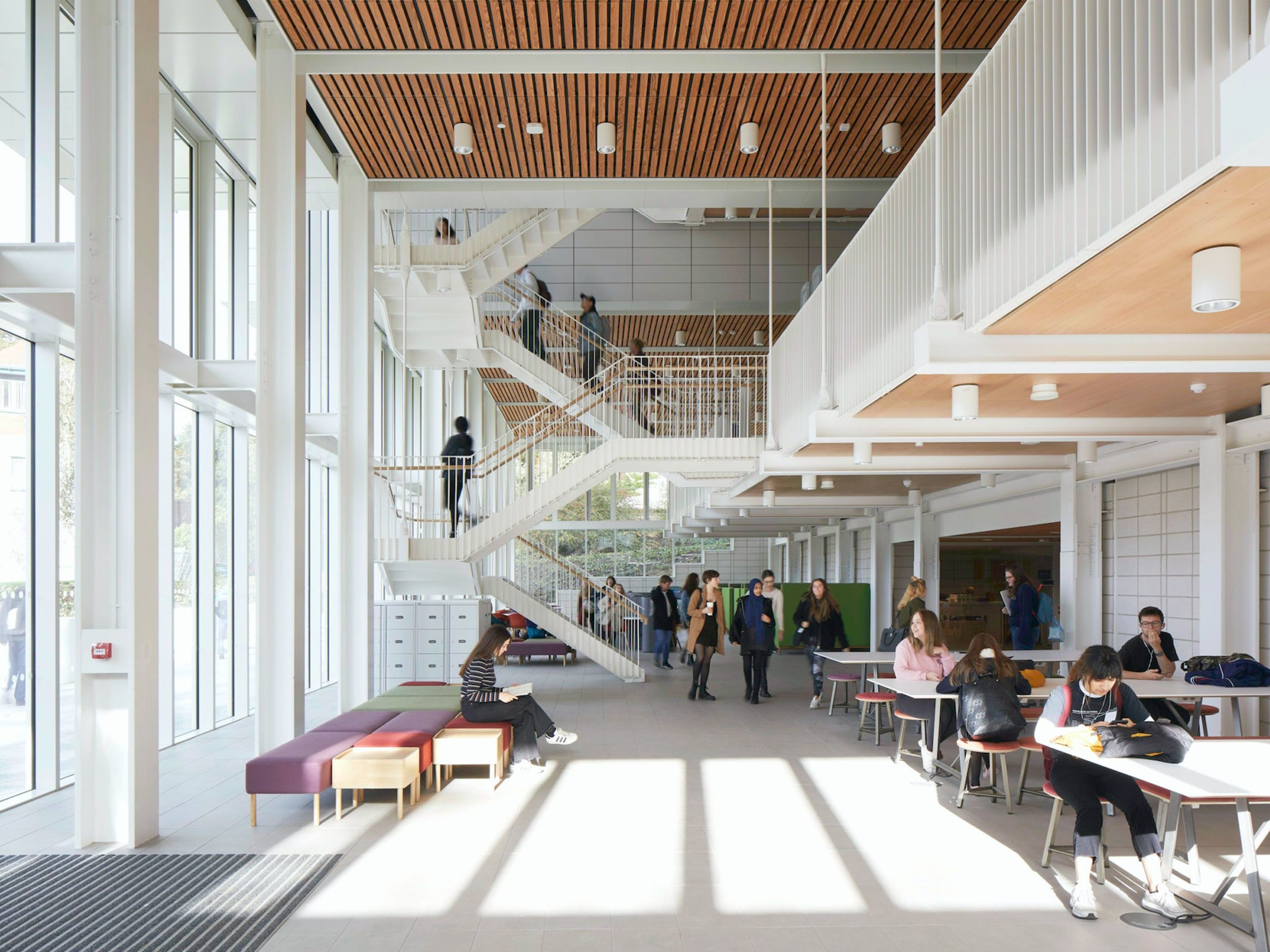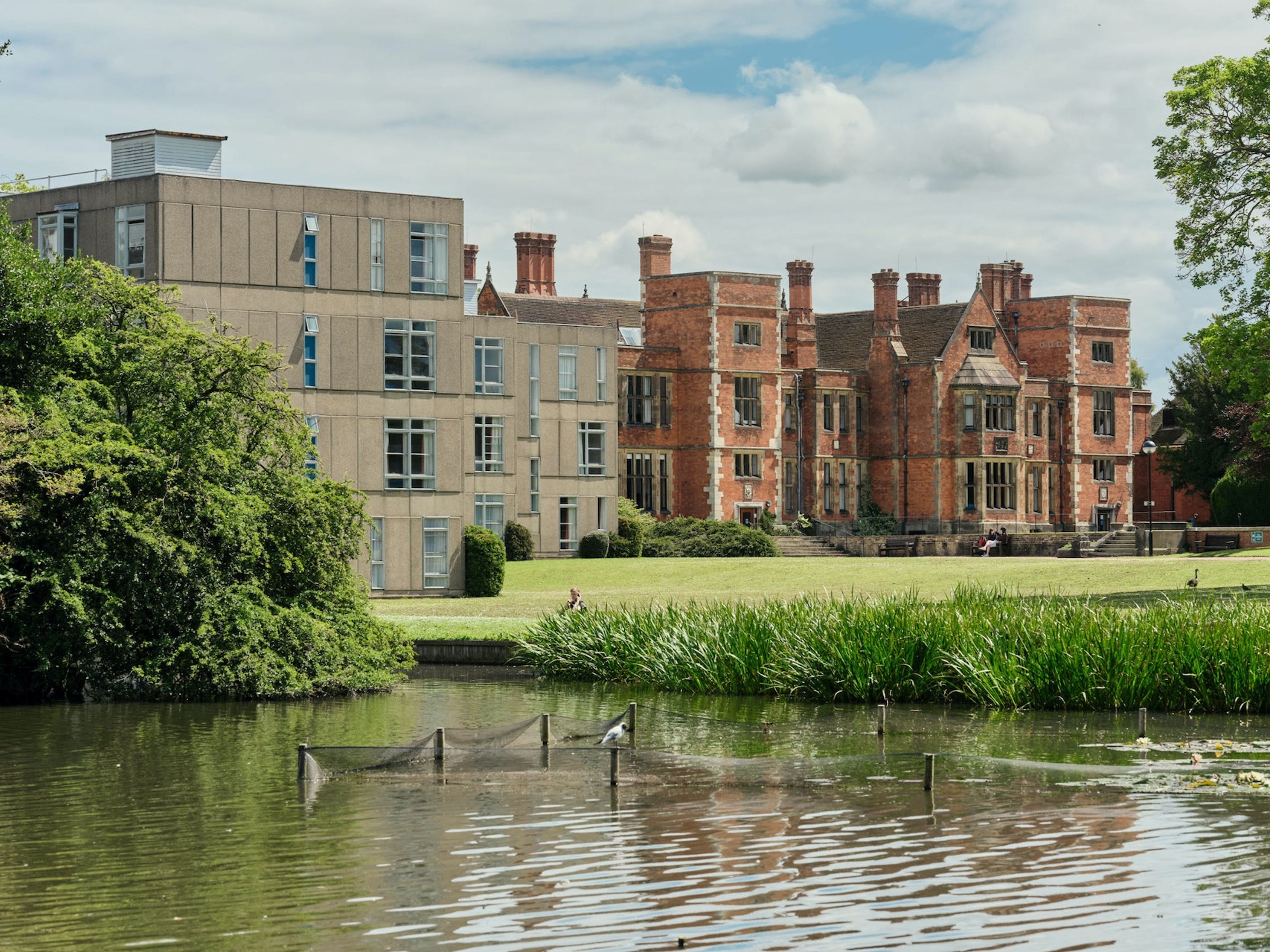
Universities reshaping London
by Jack SallabankPage contents
Over the last decade, the growth of some of London’s key commercial and social destinations has been in no small part down to the presence of a university. Think of Granary Square and the role that Central Saint Martins has played. King’s Cross and the presence of UCL. White City and the impact of Imperial College London. The Olympic Park and the draw of the future UCL campus.
Would each of these locations have experienced such success without the presence of a university? Would Google call Granary Square home without Central St Martins? Would pharmaceutical giant Novartis have moved from outside of London to White City without Imperial College London’s presence? Would King’s Cross have been chosen as the home for the Francis Crick Institute without UCL being a stone’s throw away?
The power a university has to help regenerate a location or stimulate growth isn’t lost on local authorities or the developer community. I’ve had multiple conversations over the last few years with both parties about their attempts to involve universities in big regeneration projects.
But the development plan flagging universities as a regeneration anchor or placemaking stimulator was for the last decade. As London seeks to rebuild in the wake of COVID-19, universities should be front and centre of a reimagined and recalibrated capital.
Here are a few ways I think universities can help London to come back stronger:
Reimagining space

‘The office is dead’ is the provocation many are posing post-COVID. While this is unlikely to be the case, it’s clear that the office as we knew it at the start of 2020 is going to change. Increased remote working and occupiers downsizing their office requirements will potentially lead to large swathes of under-utilised office space across CBDs.
COVID has therefore presented London with a once-in-a-moment opportunity to redefine what the office is for. People shouldn’t commute to do tasks they can do from home. The environment, our transport infrastructure, and our mental and physical wellbeing have all been creaking under the stress of the daily commute.
Instead, the office should be a place for added-value tasks such as collaborative working, creative thinking, and lifelong learning and development. With this vision in mind, London’s universities should partner with the real estate sector to help turn under-utilised space into hybrid spaces that combine work with learning – spaces that truly foster and enable a culture of problem-solving and innovation alongside university-quality learning and development opportunities.
Such a blurring of space could create new business models for universities and the real estate sector. What about a ‘university subscription model’ whereby attendees pay a monthly fee to access different courses whenever and wherever they like? Or an office lease in which you share space with a university faculty related to your company’s business?

Reskill and upskill
Linked to the opportunity to reimagine office space as a place to work and learn is the need to reskill a generation. The UK has entered a once-in-a-lifetime recession, the result of which will be high levels of unemployment. The sectors currently feeling the brunt of the job cuts are leisure, hospitality and retail. The UK needs an ambitious and radical upskilling and reskilling initiative to move those out of work or at risk of redundancy into long-term resilient work. These resilient roles will lie in the knowledge economy, in sectors based on knowledge-intensive activities that create a greater reliance on intellectual capital rather than physical inputs.
If we combine our world-class academic institutes with our need to reskill our population and rethink our cities, surely we can find an innovative and exciting solution.

Green infrastructure
The collective fight against the climate crisis should underpin all future initiatives to help London ‘bounce forward’ following COVID. Universities must lead the way in developing net zero-carbon buildings and retrofitting old buildings to achieve zero-carbon status. In doing so, they should be trialling new innovations, new products and new solutions before working with the real estate sector to scale innovations across London.
A workforce of newly skilled green infrastructure specialists, trained in university lecture theatres and employed to work on university buildings, should help transform London into a green beacon.
Authors
Jack Sallabank is the founder of Future Places Studio, a place-based research and strategy studio that specialises in exploring the macro and micro trends impacting the built environment.
Publication
This article appeared in Exchange Issue No. 3, a look at how the COVID-19 pandemic has influenced the future of university design, featuring insight from chancellors, architects, students and more.
Read more

